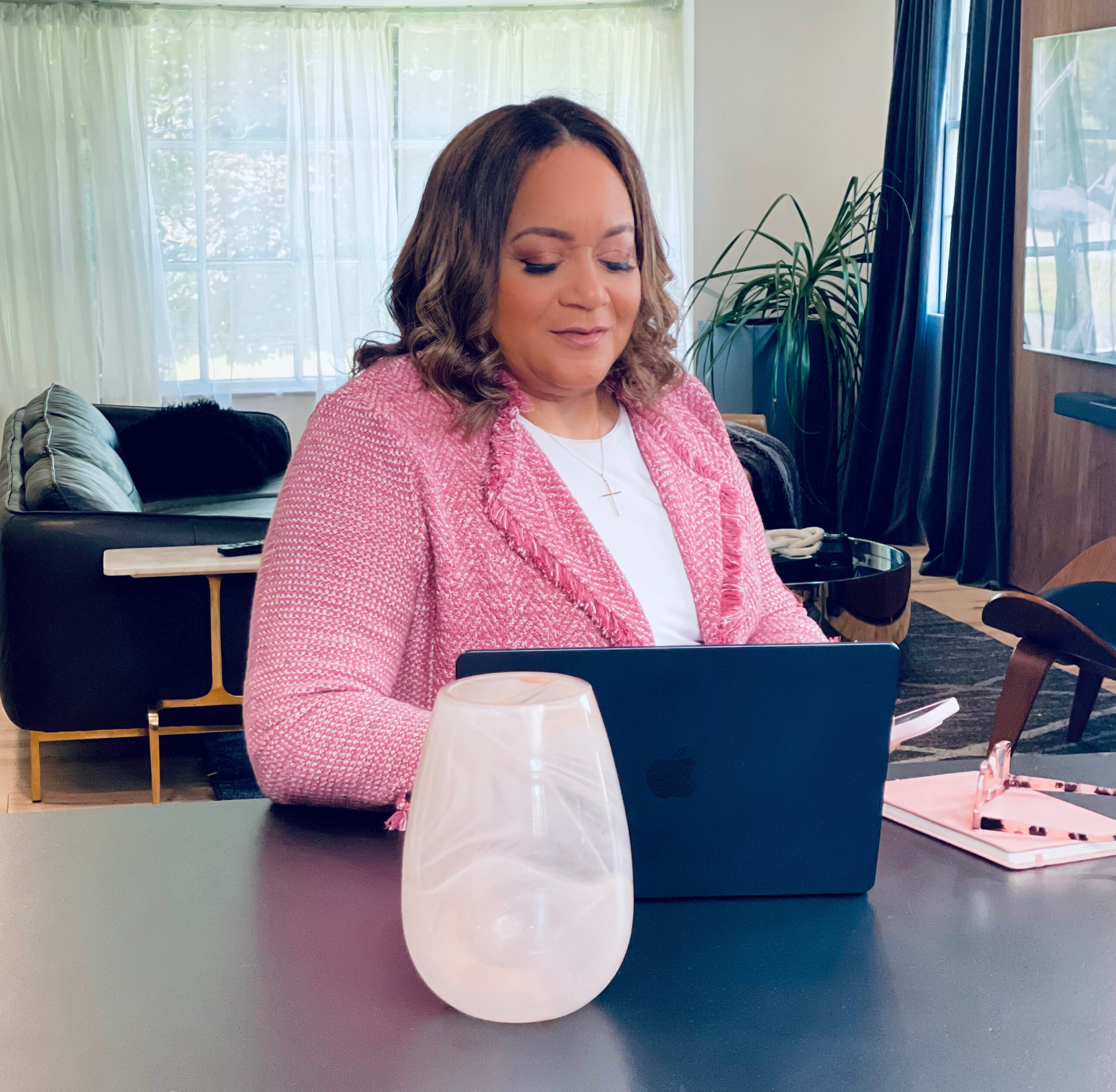Have you ever invested years of love and devotion into a relationship, only to discover a web of deceit and manipulation beneath the surface?
This isn’t uncommon for mature, educated women like yourself. Many of us have encountered partners who seemed perfect at first, only to reveal a darker side that left us confused and emotionally drained.
The truth? Narcissists lack the emotional intelligence and empathy necessary for healthy, balanced relationships. Imagine devoting yourself to someone who can’t understand your feelings, take responsibility for their actions, or prioritize your well-being. It’s a recipe for heartache and frustration.
Here’s the harsh reality: disagreements are inevitable in any relationship. But with a narcissist, their lack of remorse means they won’t apologize or try to understand your perspective. They’ll deflect blame, gaslight you (make you question your own reality), and ultimately, prioritize their own needs at your expense.
“Stay away from people who act like a victim in a problem they created.” Bishop Bronner
But, that’s not all. Narcissists crave control. They’ll subtly manipulate you, chip away at your self-esteem, and isolate you from loved ones. Their ultimate goal? To mold you into a source of validation and admiration, someone who fuels their inflated sense of self-importance.
Sounds dramatic? Unfortunately, it’s a common pattern. The impact of narcissistic abuse can be devastating, affecting your emotional well-being, finances, and even your physical health.
Narcissistic Personality Disorder (NPD) is a complex psychological condition identified when someone has an inflated sense of self-importance, a deep need for admiration, and a lack of empathy for others. It is typically diagnosed by a mental health professional by observing their behavior over time in different situations.
Vikki Stark, MSW, psychotherapist and author of the book, ‘Runaway Husbands: The Abandoned Wife’s Guide to Recovery & Renewal’, provided additional insight for our feature. “We all recognize a classic narcissist – the loudest braggadocious guy in the room who needs to draw all the attention to himself. Recently, however, a new wrinkle on narcissism has been defined – the existence of covert narcissists who, although still focused primarily on feeding their own needs, may fly under the radar for decades. A covert narcissist often presents as a sweet helpful guy – the soccer coach or church minister who enjoys being valued for his service and kindness.”
Stark adds, “The fact that the helpful guy may be a covert narcissist doesn’t become evident until he decides to leave so it’s pretty impossible to identify this trait in the course of the marriage. But when he leaves, the shocked wife realizes that once he no longer needs her, he really doesn’t care. His depth of attachment during the marriage was very shallow which enabled him to move on without any remorse or guilt about having hurt his wife. This may be the biggest challenge for the wife left behind – being able to integrate the fact that the guy who seemed so involved was doing so in order to receive accolades for his good works, not because he cared so much about his wife.”
Lisa, a lawyer, television personality, and mother to two children, (one of whom has special needs), is a narcissist abuse survivor. Looking back on her 20-year relationship with her ex-husband, she describes it to us as “walking on eggshells.”
Here are some insidious ways narcissists exert control:
- Weaponizing Sacrifices: You prioritize family over career. A narcissist might use this later, making you feel undervalued. Lisa says, “In hindsight, giving up my source of income or identity… trying to get back to work is near impossible.”
- Dimming Your Light: Backhanded compliments or seemingly harmless comments subtly chip away at your self-confidence over time. Lisa recounts her ex’s comment about her breast surgery: “Well, they don’t look natural…maybe once they settle, they’ll look better.”
- Isolation and Confusion: Subtle tactics distance you from loved ones, or involve showering you with affection while planning to discard you. This confusing behavior leaves you questioning your own reality. Lisa describes her ex subtly discouraging her from seeing friends and then disappearing when she needed him during surgery.
- Violating Your Trust: Missing documents or a nagging suspicion that something isn’t right can be signs of a narcissist’s manipulation. This constant uncertainty creates a chaotic environment. Lisa suspects her ex-husband stole her journal and financial documents at a critical time during the divorce discovery period.
The Red Flags You Might Be Missing
Often, the early signs of a narcissistic relationship can be subtle. Here’s what to watch out for:
- They lack empathy and emotional intelligence.
- They prioritize their needs above all else.
- They take advantage of your kindness and generosity.
- They constantly criticize and belittle you.
- They gaslight you, making you question your own reality.
- They isolate you from friends and family.
- They have a history of failed relationships.
If you recognize these patterns in your own relationship, it’s time to take action.
Why Leaving is the Only Path to Healing
Here’s the hard truth: narcissists don’t change. Staying puts you at risk for emotional, financial, and even physical harm. Don’t wait for things to hit rock bottom. Here’s why leaving is crucial:
- They see your illness as a narcissistic injury. Lisa describes her ex-husband becoming withdrawn when she needed care after surgery.
- They make you feel like a burden. Lisa recalls feeling her ex-husband prioritized his own needs over her recovery.
- Their behavior is designed to confuse and control you. Lisa details her ex showering her with gifts and romanticizing her while seemingly planning to leave.
Lisa emphasizes the importance of getting help. Here are her recommendations for healing:
- Therapy: Find a trauma-informed therapist to rebuild your self-worth.
- Build a Support System: Surround yourself with positive, supportive people.
You Deserve a Life Filled With Love and Respect
Healing from narcissistic abuse takes time and strength. But remember, you are not alone. There are resources available to help you rebuild your life. Here are some additional tips:
- Educate yourself about narcissism. The more you understand it, the easier it is to detach and move forward.
- Focus on self-care. Prioritize your physical and mental well-being. Eat healthy, exercise regularly, and get enough sleep. Relaxation techniques like yoga or meditation can be helpful.
- Celebrate your victories. No matter how small, acknowledge your progress. Celebrate every milestone on your journey to healing.
- Forgive yourself. Don’t blame yourself for the narcissist’s behavior. You may have made mistakes, but you were manipulated and deceived. Focus on learning from your experience and moving forward with strength.
Lisa’s story is a testament to the human spirit’s ability to overcome adversity. She graciously opened up her story with us. If you are currently in a relationship with a narcissist, know that you have the power to break free and build a life filled with happiness and love. There is hope, and you deserve it.
Remember, you are not to blame. Healing is possible, and you deserve a life filled with love, respect, and genuine connection. Take the first step today. You are stronger than you know.
Online Resources:
- The National Domestic Violence Hotline: 1-800-799-SAFE (7233) (https://www.thehotline.org/) provides support and resources for victims of domestic abuse, which can include narcissistic abuse.
- The National Alliance on Mental Illness (NAMI): (https://www.nami.org/) provides information and support for people with mental health conditions, including those struggling with the aftermath of narcissistic abuse.
- Psychology Today: https://www.psychologytoday.com/us/blog/finding-a-new-home/202211/the-many-faces-of-narcissistic-abuse offers a variety of articles and resources on narcissistic abuse, including tips for healing and recovery.
- Vikki Stark, MSW, to learn more visit www.runawayhusbands.com.
Books:
- “Runaway Husbands: The Abandoned Wife’s Guide to Recovery & Renewal” by Vikki Stark, MSW: A guide for women offering support, strategies for healing, and insights into the dynamics of this specific form of divorce.
- “Why Does He Do That?” by Lundy Bancroft: A well-regarded resource for understanding and recovering from narcissistic abuse.
- “Recovery of Your Inner Child” by Lucia Cappcchiaone: Helps readers heal from emotional neglect and abuse in childhood, which can be a factor in narcissistic abuse relationships.
- “The Drama of the Gifted Child” by Alice Miller: Explores the connection between childhood emotional neglect and susceptibility to narcissistic abuse in adulthood.
- “Healing the Shame That Binds You” by John Bradshaw: Offers guidance on identifying and healing from shame, a common consequence of narcissistic abuse.
Support Groups:
- Online support groups for survivors of narcissistic abuse can be a valuable source of connection and understanding. Look for groups on social media platforms or mental health websites.
- Therapy: Individual therapy with a therapist experienced in narcissistic abuse can be extremely helpful in the healing process.








Comments +